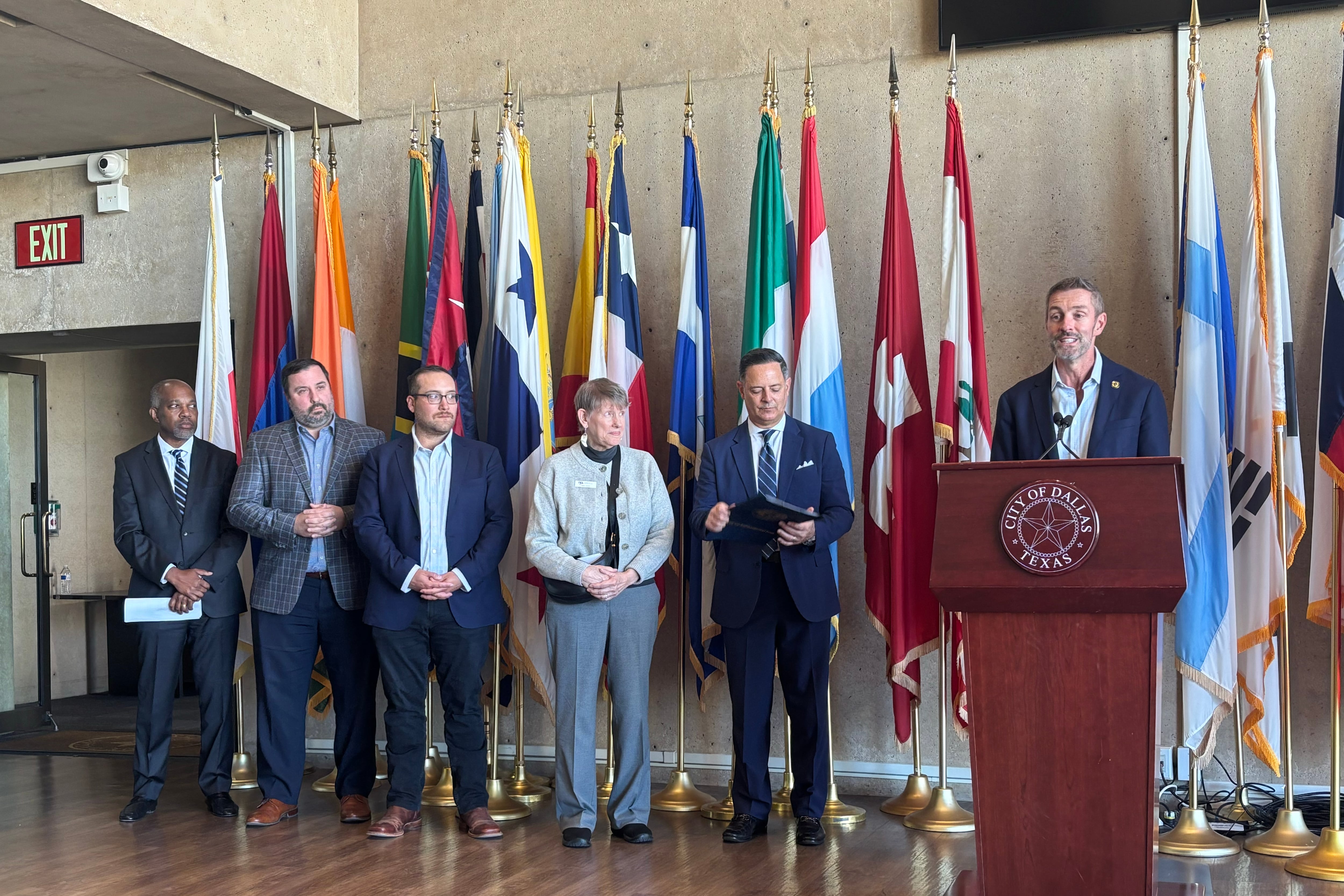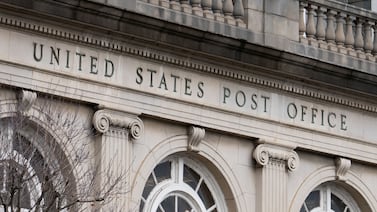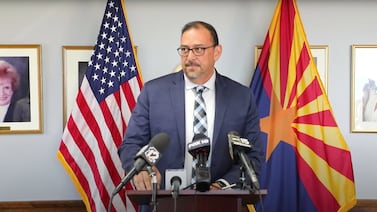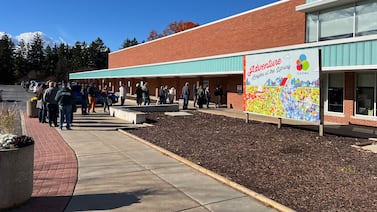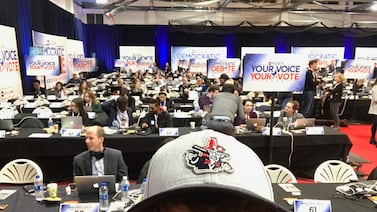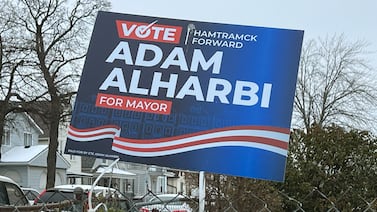Votebeat is a nonprofit news organization reporting on voting access and election administration across the U.S.
This news analysis was originally distributed in Votebeat’s free weekly newsletter. Sign up to get future editions, including the latest reporting from Votebeat bureaus and curated news from other publications, delivered to your inbox every Saturday.
On Wednesday, the Dallas City Council voted unanimously to move city elections from May to November. It might sound like a small procedural change, but it’s a big deal. Dallas has some of the lowest voter turnout in local elections of any large city in the country — typically 29th or 30th out of 30 — and city leaders hope this shift will help change that.
Like many cities, Dallas has long held its local elections “off cycle,” in May of odd-numbered years, when attention to voting typically ebbs. Research shows those elections draw a smaller, older, wealthier slice of the electorate. Moving them to November — alongside state constitutional amendments the Legislature might propose — brings in a broader cross-section of voters and makes the results more representative. It also gives voters and election officials one fewer election date to track.
And by combining its elections with the November contests, Dallas can tap into the existing election infrastructure — more polling places, longer hours, experienced poll workers — instead of running a separate, smaller, and costlier operation every two years. The city expects to save about half a million dollars every other year.
This change has been years in the making. Local activist David de la Fuente has pushed for it since 2021, teaming up with Councilmember Chad West, who said David “has been like a dog on a bone for years — making it a data-driven and not emotional decision.” When the final vote came this week, even longtime skeptics backed the measure, persuaded by overwhelming public support. In November 2024, 63% of Dallas voters approved the change via a ballot measure, and the Texas Legislature gave the city permission earlier this year. Wednesday’s vote from the nonpartisan council was the final step.
Afterward, de la Fuente said he was at a loss for words. “If you identify a problem and take it upon yourself to fix it — not just for yourself but for your neighborhood and city — you can make a difference,” he said. If he’d gone it alone, he added, he would have “failed spectacularly.”
Like Dallas, cities and states across the country are rethinking when they hold elections — and seeing higher engagement from voters. California led the way in 2015, passing a law that required cities with chronically low turnout to move their municipal elections to even-numbered years. The result? Cities like Los Angeles, San Diego, and San Francisco had local races on the ballot in November elections that had double, and sometimes triple, the turnout of the previous off-month elections. Arizona followed suit in 2018, aligning its local elections with statewide contests after years of dismal participation in cities that held off-cycle elections. Citing the same reasons, Virginia moved all local elections to November in 2021.
In Michigan, officials are now considering similar changes. As Votebeat Michigan recently reported, lawmakers want to move school board elections and local primaries away from the sleepy summer months and into elections when voters are already paying attention. And in New York, legislators have debated consolidating most local elections into even years, citing studies that showed participation could rise by as much as 50%.
Everywhere it’s been tried, the pattern holds: Combining elections increases participation, saves money, and leads to election outcomes that better reflect the full electorate, not just the handful of people who remember to vote in an off-month election.
In Dallas, the next City Council election will be in November 2027, and for once, a lot more Dallas residents might actually have a say in who runs their city.
Jessica Huseman is Votebeat’s editorial director and is based in Dallas. Contact Jessica at jhuseman@votebeat.org.

